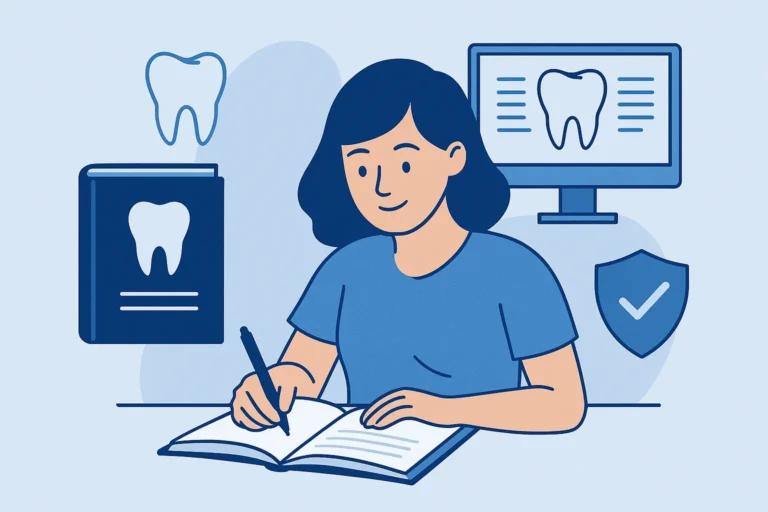How to stay safe from phone and online scams

Here are some suggestions for staying safe from phone and online scams.
As we are going through an unprecedented time with our normal patterns of life and routines disrupted by restrictions necessitated by Covid-19 the online scammers are not distancing themselves: rather they are getting smarter and increasingly sophisticated and we all need to be ever more vigilant with the use of our personal data on the internet.
During COVID-19 we have heard that there are more and more examples of scammers targeting older and vulnerable people and sending messages pretending to be helping but actually attempting serious frauds. They can work under the cover of an individual or a major brand name. One good recent example has been a phone call pretending to be from your Amazon prime account warning of payment issues. This is an attempted fraud If you get a phone call, text message or email that appears to be from an unusual, suspicious or unrecognised source please think twice -or three times! – before taking any action. Before clicking any link, please take steps to be certain it’s genuine. Fraudulent messages could lead you to a fake website where you may be asked to enter sensitive information including bank details which could have serious and damaging repercussions.
At this difficult time, we must all be vigilant to stay safe not only from diseases -COVID-19- but also from life damaging but controllable problems such as internet scams Please be assured that the School of Dental Nursing will never ask you for your payment details or bank account information by text message or email.
Please stay safe and alert others including your friends, family and communities.








